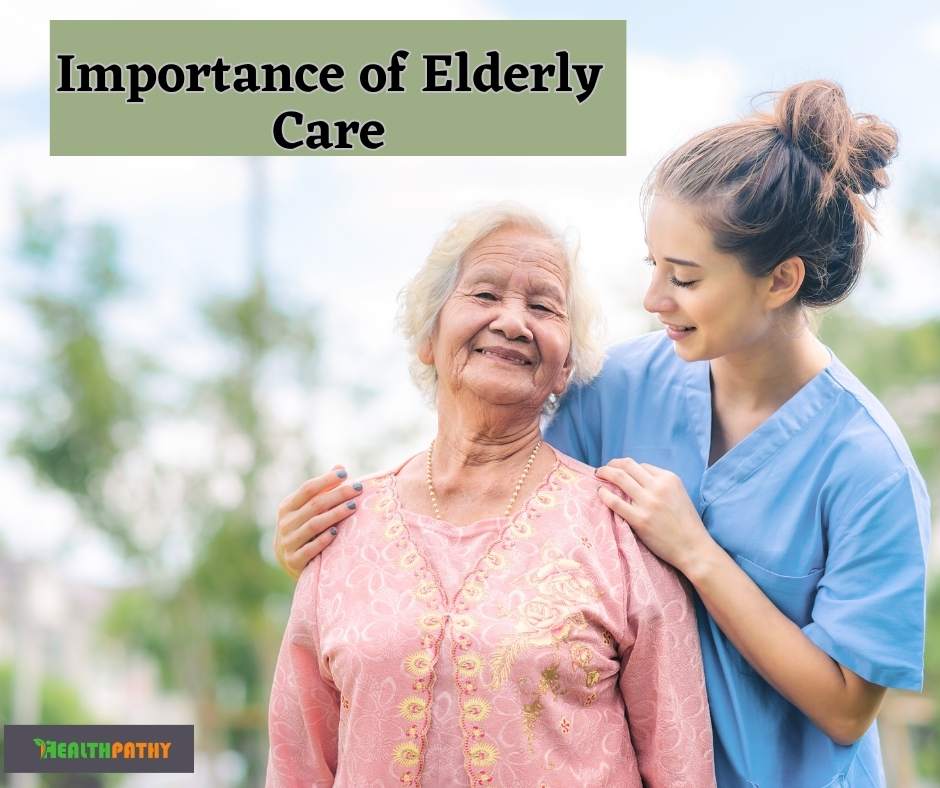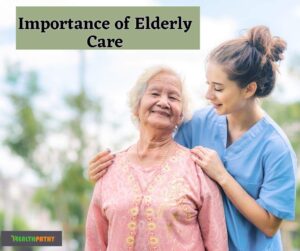Importance of Elderly Care
As societies around the world experience demographic shifts toward an aging population, the importance of elderly care has never been more pronounced. Providing comprehensive care and support for our elderly population is not only a moral obligation but also a strategic imperative for a healthy, compassionate, and sustainable society. This article delves into the multifaceted significance of elderly care, covering various aspects that highlight its essential role.
Promoting Health and Well-being:
Physical Health:
Elderly care plays a critical role in ensuring the physical well-being of seniors. Regular medical check-ups, proper nutrition, exercise, and medication management contribute to maintaining optimal health and preventing age-related illnesses.
Mental and Emotional Well-being:
Elderly care addresses the emotional and mental health of seniors. Social interaction, cognitive stimulation, and emotional support help prevent loneliness, depression, and cognitive decline, contributing to a higher quality of life.
Enhancing Quality of Life:
Maintaining Independence:
Effective elderly care enables seniors to maintain their independence and dignity as they age. By providing assistance tailored to their needs, elderly individuals can continue to engage in daily activities with confidence.
Engaging in Hobbies and Interests:
Elderly care allows seniors to continue pursuing their passions and interests. Engaging in hobbies and activities they love promotes a sense of purpose and fulfillment, contributing to a happier life.
Preventing Isolation and Loneliness:
Social Interaction:
Elderly care promotes regular social interactions, which are essential for mental and emotional well-being. Isolation and loneliness can have detrimental effects on seniors’ health, including increased risk of depression and cognitive decline.
Building Connections:
Through companionship and organized social activities, elderly care helps seniors build meaningful connections with peers, caregivers, and younger generations. These connections foster a sense of belonging and emotional support.
Reducing Caregiver Burden:
Professional Assistance:
Effective elderly care provides professional assistance to caregivers who may be family members or friends. This support helps alleviate the physical and emotional strain that caregivers often experience, preventing burnout.
Respite Care:
Elderly care services offer respite care, allowing caregivers to take breaks and recharge. This not only benefits caregivers’ mental health but also enhances the quality of care they provide to seniors.
Addressing Financial and Legal Considerations:
Financial Planning:
Elderly care assists in financial planning, ensuring that seniors have a stable financial foundation to cover healthcare expenses, daily needs, and potential long-term care costs.
Legal Documentation:
By addressing legal matters such as wills, powers of attorney, and advance directives, elderly care ensures that seniors’ wishes are respected and their affairs are managed according to their preferences.
Promoting Dignity in End-of-Life Care:
Hospice and Palliative Care:
Elderly care extends to end-of-life care, promoting comfort, dignity, and pain management for seniors facing terminal illnesses. Hospice and palliative care services focus on enhancing the quality of life during this challenging phase.
Emotional Support:
In the final stages of life, elderly care provides emotional support to both seniors and their families, helping them navigate the emotional and practical aspects of the journey.
Summary: Importance of Elderly Care
The importance of elderly care cannot be overstated. It encompasses various dimensions, from physical health and emotional well-being to social interactions, financial planning, and end-of-life care. Providing comprehensive care to our elderly population not only improves their individual lives but also strengthens the fabric of society as a whole. By valuing and prioritizing elderly care, we contribute to a more compassionate and inclusive world that respects and honors the wisdom and contributions of our seniors.
Related Articles:
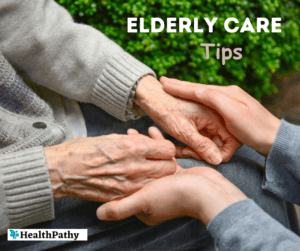
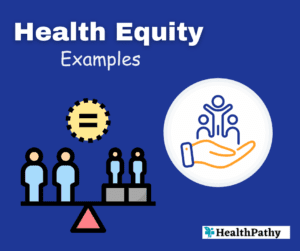
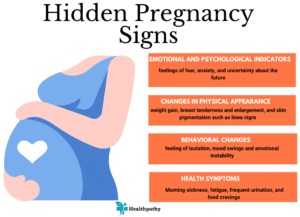
Follow us: Importance of Elderly Care


